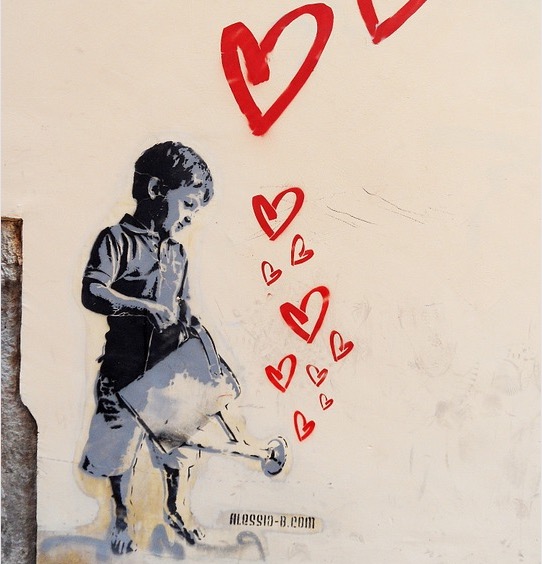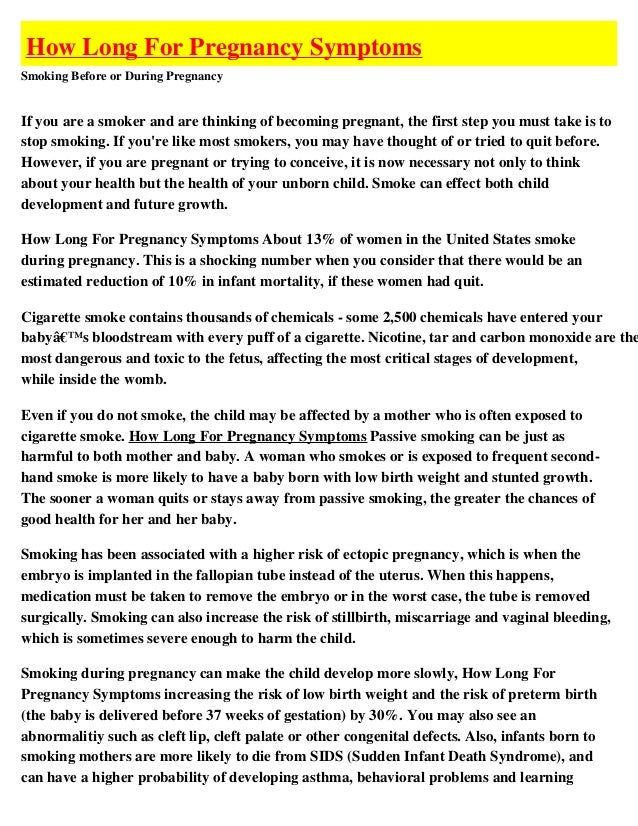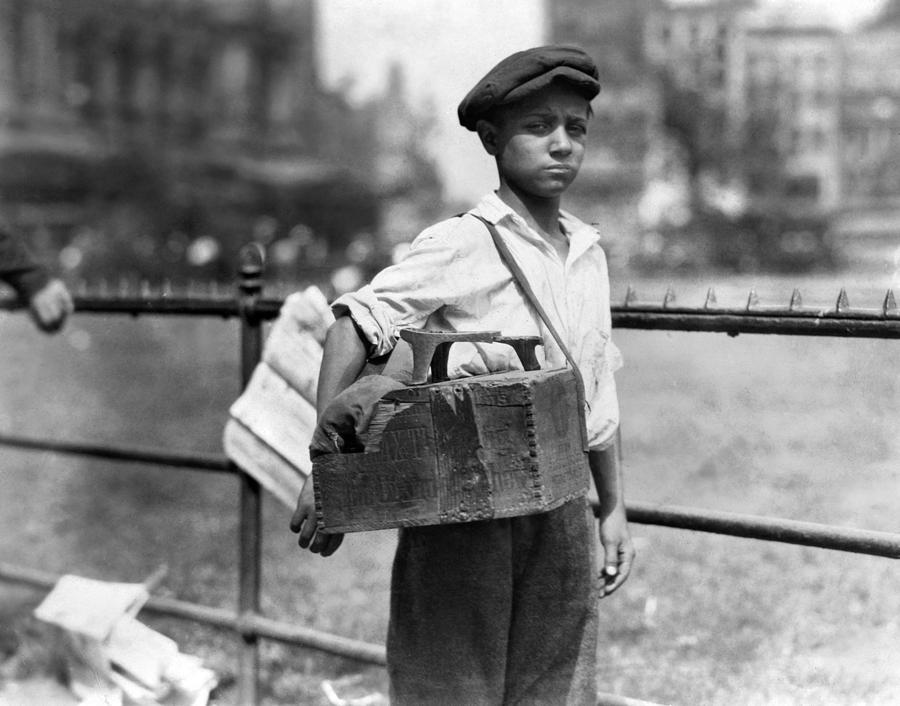How to love a child poster
25 Ways to Love Your Child — WE ARE KIDMIN
Looking for a meaningful present for the parents in your life?
Thinking of a perfect gift to give parents on their Baby Dedication day?
This poster might be it!
It’s packed with bright colors, fun artwork, and most importantly—good, practical wisdom.
Different people feel love in different ways—that seems really obvious, but on the other hand, sometimes I think we get caught up in our personal favorite ways to show love, instead of showing love in the way best suited to each child.
For example, you may say, “I love you” a lot and give lots of kisses, great—but sometimes your kids would like you to demonstrate your love by baking cookies or pizza together or inviting them to talk with you.
That’s why I created this poster as a visual reminder of many different ways to make our children feel special and loved—every day.
You don't need a special occasion such as a birthday or holiday to show your love to your kids. Each and every day offers us many little moments to let your children know how much you care and how much they mean to you.
(As they appear on the poster.)
SAY:1. I love you.
2. I love you no matter what.
3. I love you even when you are angry at me.
4. I love you even when I am angry with you.
5. I love you when you are far away. My love for you can reach you wherever you are.
SHARE:6. The story of their birth or adoption.
7. A story about yourself when you were their age.
8. About some fears you had and how you overcame them.
9. Your dreams for their future.
10. Something unique you love about each child.
SHOW:11. Your child how to do something instead of banning them from it.
12. An interest in their interests.
13. How to fold laundry.
14. How to look up information when you don't know the answer.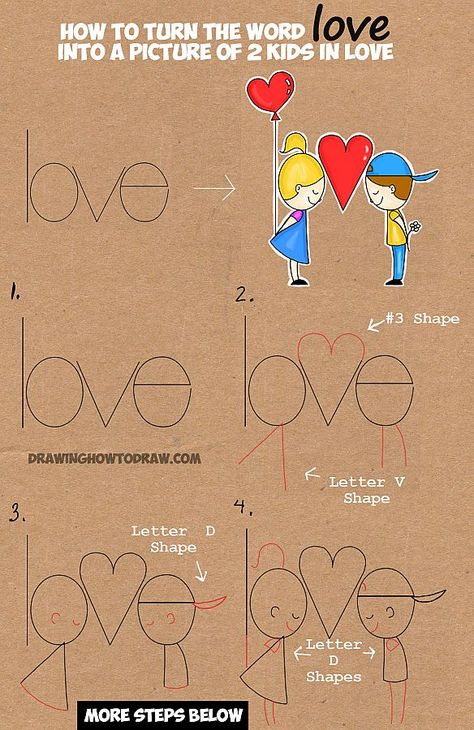
15. Affection to your spouse.
PRAY:16. That your child will awaken to the reality of God.
17. That your child will have a healthy fear of God.
18. That your child will love obedience.
19. That your child will recognize God’s voice.
20. That your child will crave God’s Word.
GIVE:21. Hugs (and don’t let go too quickly.)
22. A kiss on the top of the head when you walk past.
23. Piggy back rides.
24. Age appropriate privileges that show you trust them.
25. Your undivided attention for a time, even if there are other things to be done.
As parents, all we want to do is make sure our children feel safe, secure and most importantly—loved.
Thankfully, the little moments to share love are always available, easy to grab, and worth the effort.
Download this poster and give it to the parents in your life to inspire them to put their love into action—every day, in simple, doable ways.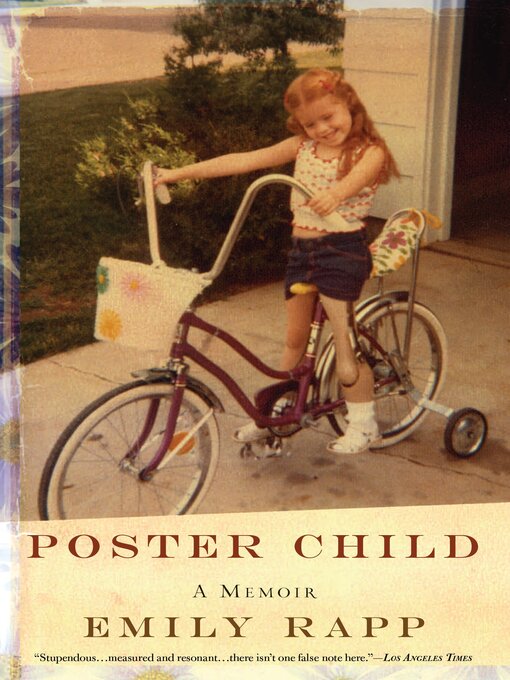
The poster kit is all-digital, available for instant download and contains eight high resolution PDF & PNG files in the following sizes:
You can easily use these images to create posters, postcards, fridge magnets and bookmarks!
How To Really Love Motherhood – Oh My! Handmade
Mothering is hard work. It is hands down the most demanding and sometimes demeaning job I have ever done. Not talking about the hard parts of being a mama is what makes it even harder. There is this myth that in order to be a good mother you need to be perfect. Like the minute you give birth all your frustration and confusion will fly out the door and you will magically know all there is to know about how to raise this tiny being. Then at the same time everyone and their dog has an opinion on how you should do this or that. If I’ve learned anything it’s that trying to be perfect is a sure recipe for being miserable and accepting failure can be the most heroic thing we can do.
Here is something you probably don’t know: I got pregnant three weeks after meeting my partner Chris, I was 20 and he was 19. Were we ever SCARED. I had been working with children since I was 16 and had always wanted to be a mama- but I sure wasn’t planning on doing it then. I was in university and had a growing career in community development creating programs & art empowerment projects for rural & inner city children and youth. I worked right up until I was 8 1/2 months pregnant as a peer counselor for a youth resource center. I thought my experience with other peoples children would prepare me for having my own…after all as an inner city youth worker I had been pushed down stairs, screamed at and dealt with more messes and behaviors then you could imagine. I had also already helped birth a close friends baby, then lived with her for the first 8 months, caring for the baby part-time. My mother told me I was fooling myself thinking I had it all figured out…she was right (don’t tell her I said that).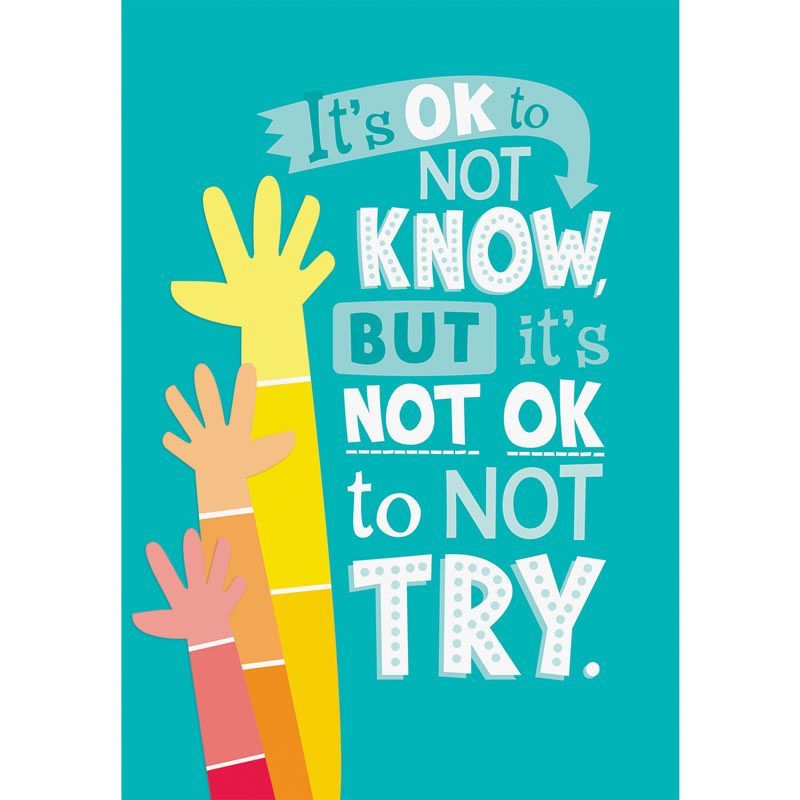 Being responsible 24/7 for a small child is unlike anything I have ever done before and I don’t think anything can prepare you for the experience.
Being responsible 24/7 for a small child is unlike anything I have ever done before and I don’t think anything can prepare you for the experience.
I love, love, love my daughters and I will never regret my decision to become a parent. But sometimes it is hard work and mamas don’t usually get many days off. So I made this poster for all of us, inspired by Sark’s print How To Really Love A Child. Because loving a child and loving motherhood are two very different creatures. If you can relate to what helps me & what I need to remember when I am having a tough day go ahead and print it out. Or you can download the frame with the title to fill in yourself + if you want to invent your own or you have little ones about distracting you, print out the blank frame to doodle in.
Please also share your thoughts on how to really love motherhood in the comments. It was nerve-wracking to share my own difficulties with parenting so I can understand if you don’t, but isn’t it always lovely to not feel like you’re all alone?
Download the Fill It In version
Download the blank frame
All Oh My! Handmade Goodness printables and free downloads are for non-commercial, personal use only please.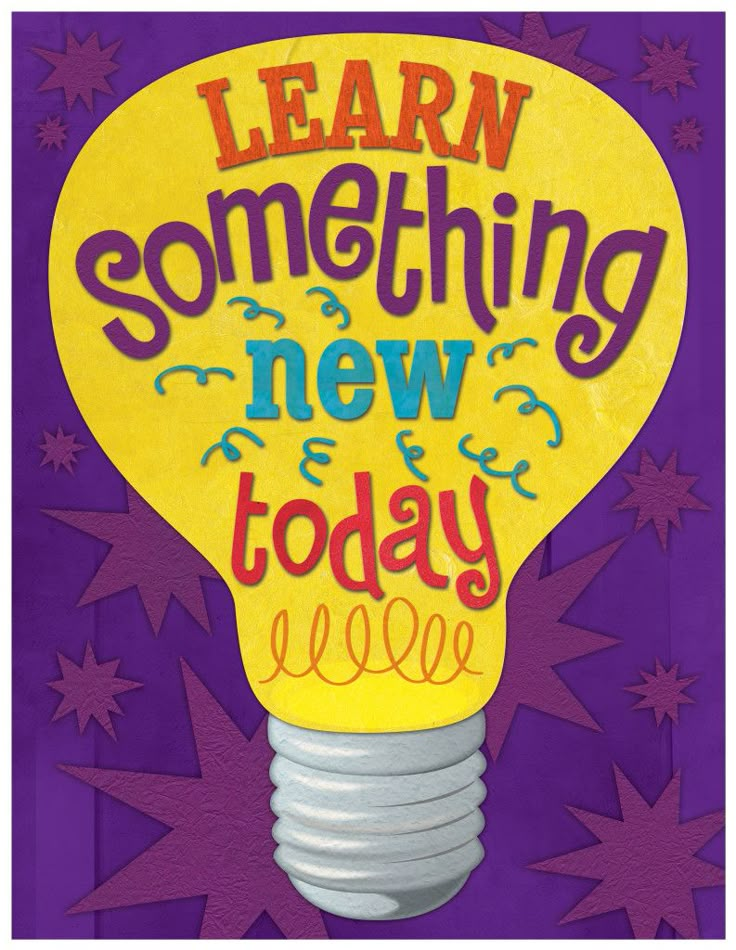 Copyright is owned by the designer unless otherwise stated. If you have a commercial inquiry please contact the designer or email the editor. Please don’t host the PDF on your own site, we love sharing but link to the original post for the download, thanks!
Copyright is owned by the designer unless otherwise stated. If you have a commercial inquiry please contact the designer or email the editor. Please don’t host the PDF on your own site, we love sharing but link to the original post for the download, thanks!
by Jessika Hepburn
"How to love a child" in 20 minutes. Summary of Korczak's book
What does it mean to "understand the child"? The vast experience of Janusz Korczak, a family doctor and director of an orphanage, a tutor in wealthy families and an educator in a camp for homeless children, gave him the opportunity to learn a lot in the “nature of a child”, but most importantly, to see the deeply individual manifestations of this nature.
In this book one will be able to find many obligatory and quite practical instructions - from caring for an infant to organizing a children's team. Not a single trifle, down to the bedside table and the carnation in the wall, escapes the attention of the author.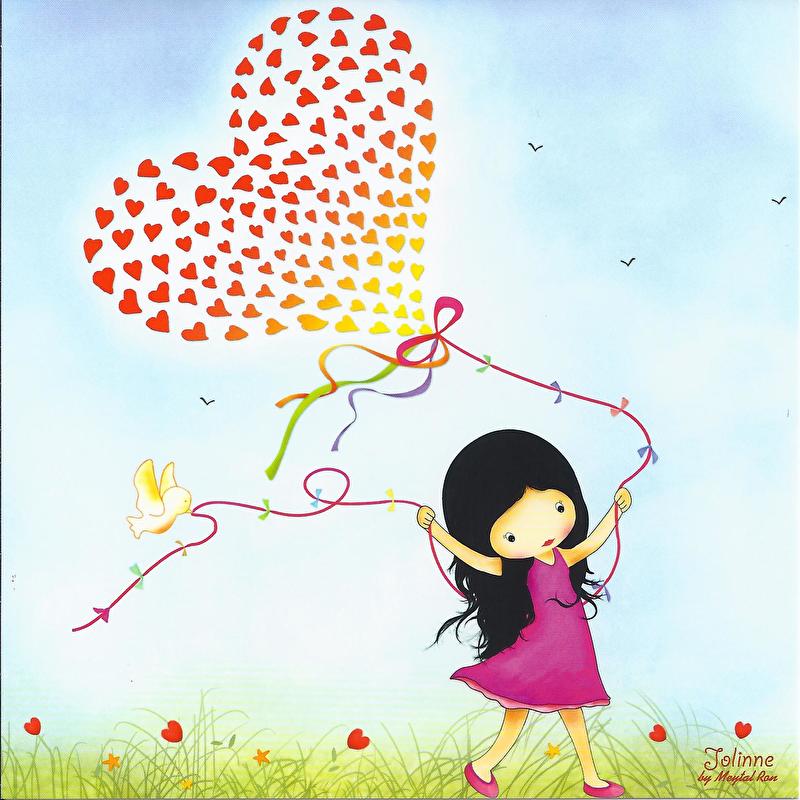 With the same care, he helps the reader to equip the life, regime and environment of education. And at the same time, he stubbornly reminds parents that every child is “not like everyone else.” And not the same as his parents, and not the way they want to see him.
With the same care, he helps the reader to equip the life, regime and environment of education. And at the same time, he stubbornly reminds parents that every child is “not like everyone else.” And not the same as his parents, and not the way they want to see him.
This is the most difficult thing in family and social relationships. A child is “only” a child. Parents sculpt their continuation from it, society - this or that "type". But, from Korczak's point of view, even a newborn is not a larva, but a person. And it can only develop to its full height or be bent if handled incorrectly, but it cannot become different, “comfortable”. The task of the educator is to support this particular person.
It is with the recognition of the child's individuality that respect for him begins. Every time when educators want to “shove” an extra spoonful of porridge, knowledge or morality into a child, they must remember what to decide for him. Korczak is convinced that the child expresses his wishes and unwillingness from the first day of life, and the duty of parents, especially mothers, is to learn this non-verbal language. And then, when the time for tenderness by a baby passes and inevitable conflicts begin, continue to build relationships of different and equal people.
And then, when the time for tenderness by a baby passes and inevitable conflicts begin, continue to build relationships of different and equal people.
Much of Korczak's advice applies far beyond the family or relationships with children. Since he does not single out children in a special category (except for the need to take into account their physical fragility and social dependence), many of the "rules of relations" will come in handy both in a friendly company and at work, in the most adult situations.
The friendliness of the author, the free, as if in a conversation, presentation of the material helps both to accept and remember his advice.
1. The child as a person: the position of the child in the family and society
The child is humiliated in the family and society . He is small and weak, financially dependent, all decisions are made for him. The child is not recognized the right to a personal opinion, likes and dislikes, to free time, to property. Everything is given by educators by their mercy. From childhood, a person learns to flatter, deceive, adapt.
Everything is given by educators by their mercy. From childhood, a person learns to flatter, deceive, adapt.
Only one of Korczak's acquaintances gave the child a weekly 50 groszy, regardless of behavior, as his permanent budget, in order to "teach him how to spend."
A child already in infancy causes disappointment in parents, even if they were happy to wait for his birth. He causes mother pain at birth, he cries and interferes with sleep, gets sick, does not show good inclinations, the teenager completely goes out of obedience, endangering his future and life itself.
The educator who loves his job is also disappointed. And the reason is the same: both the parents and the teacher see the potential in the child, and the child lives now.
Adults give the child examples of disrespect, hypocrisy, obsession, rude jokes. Children are not taken seriously, but childhood is not a draft of life, but life itself. The child has not only a future, but also a past, his attachments and judgments.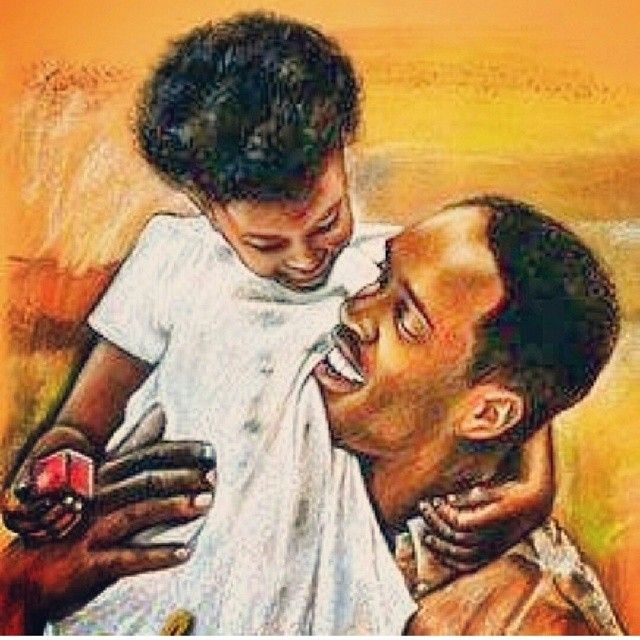 There are no more fools among children than among adults. The child lacks only knowledge, in our world he is like a foreigner. To respect a child means to respect his ignorance.
There are no more fools among children than among adults. The child lacks only knowledge, in our world he is like a foreigner. To respect a child means to respect his ignorance.
To respect a child is to respect his right to be himself, is not ideal and does not look like a neighbor. Do not judge indiscriminately. Don't shackle freedom. Don't say "my child". Even in the mother's womb, the child does not belong to her. He is a piece of eternity.
You should not demand payment from a child for love and for the efforts, money, years invested in it. He didn't ask. One of the forms of parental egoism is the constant comparison of the child with the model, the eternal "he must." If he must, then only to himself.
A single diet and regimen cannot be prescribed . If the child is allowed to be himself, his body will cope with most problems, his personality will develop in the most correct way.
The Child's Magna Carta: the right to be yourself, the right to today, and the right to die.
- Respect for the individual, that is, the rejection of general schemes in favor of the child's right to be himself.
- A full life now, and not obedience for the sake of the comfort of parents ("convenient child") or continuous study in the name of the future.
- Trust in the child, that is, exemption from supervision. Protecting from an accident and from illness, from the danger of tearing clothes and getting a deuce, protecting from death, the child is deprived of a full life.
2. Nature, environment and education: factors in the formation of personality
The child cannot meet a certain norm of food, sleep, etc. One will remain hungry, the other will vomit. Such orders are violence.
From the moment of birth, the mother must constantly watch the child, not entrusting his whims to nannies, and health to doctors. Then she will learn to understand the baby, see his special needs and be the first to notice the signs of a developing illness.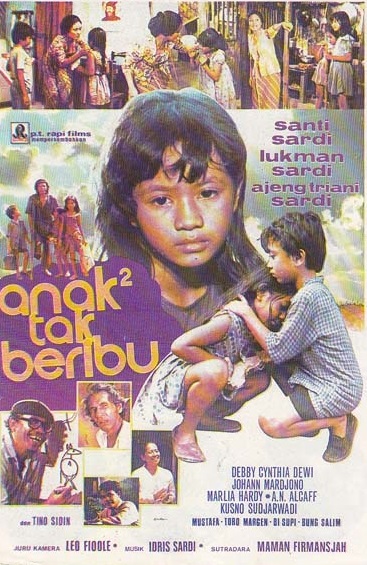 Breastfeeding promotes this individual understanding. This is the best guarantee against overfeeding and mechanical dieting, but not against diseases.
Breastfeeding promotes this individual understanding. This is the best guarantee against overfeeding and mechanical dieting, but not against diseases.
The disease also proceeds individually. He who undertakes to predict is a charlatan.
Should a full cycle of tests be carried out immediately? The accuracy of diagnosis will increase, but how many infections will be brought during the procedures? And should we rush to treat a mild disease that produces immunity? But if the child is weak or often sick, it's time for the doctor (and mother) to think about a regimen and diet specifically for him.
The perception of an infant is arranged differently: it will take time before the chest and face, smell, sound and appearance are combined into the concept of "mother", before he recognizes himself. However, a pronounced individuality is present from the moment of birth.
One kid greets the pediatrician with a toothless smile, another with a frown, and a third sobbing.
Continued on Smart Reading
Sign up for Smart Reading and get access to this and 700 more nonfiction book paraphrases. All retellings are voiced, they can be downloaded and listened to in the background. Voice over fragment:
The first 7 days of access are free.
Quick registration
Information and methodological materials
Page updated on 11/15/2021
| |||||||||
POSTER |
|---|
| Poster is an artistic poster, in paper or digital form, that reflects the author's unique creative idea. | ||||
| "Health-saving technologies in music lessons in elementary school in the context of the implementation of the Federal State Educational Standard of the IEO" "Lego-construction and robotics as a means of developing the constructive activity of preschool children in preschool" "Lessons in the air as a means of developing a healthy lifestyle for younger schoolchildren" "Animation studio as a form of joint activity of adults and children in preschool" "Organization of sports team games in extracurricular sports and health-improving activities of junior schoolchildren" |
MATERIALS FOR THE PRACTICAL PART OF THE FINAL QUALIFICATION WORKS |
|---|
| In the course of writing their graduation theses, students often have questions about the presentation of the practical part of the study. | ||||
| LABOOK "SAVING NATURE" "ORGANIZATION OF CHILDREN'S TOURISM AS A FORM OF PHYSICAL AND HEALTH WORK IN DOO" "DEVELOPMENT OF COORDINATING ABILITIES IN JUNIOR SCHOOLCHILDREN BY MEANS OF STEP-AEROBIKS" "FORMATION OF VOCAL AND CHORAL SKILLS OF JUNIOR SCHOOLCHILDREN IN THE PROCESS OF SINGING" "VOICE GAMES IN THE FORMATION OF VOCAL AND CHORAL SKILLS OF OLDER PRESCHOOL CHILDREN" |
 The term itself comes from the English word "poster", i.e. poster, announcement.
The term itself comes from the English word "poster", i.e. poster, announcement.  02.01 Preschool education
02.01 Preschool education 